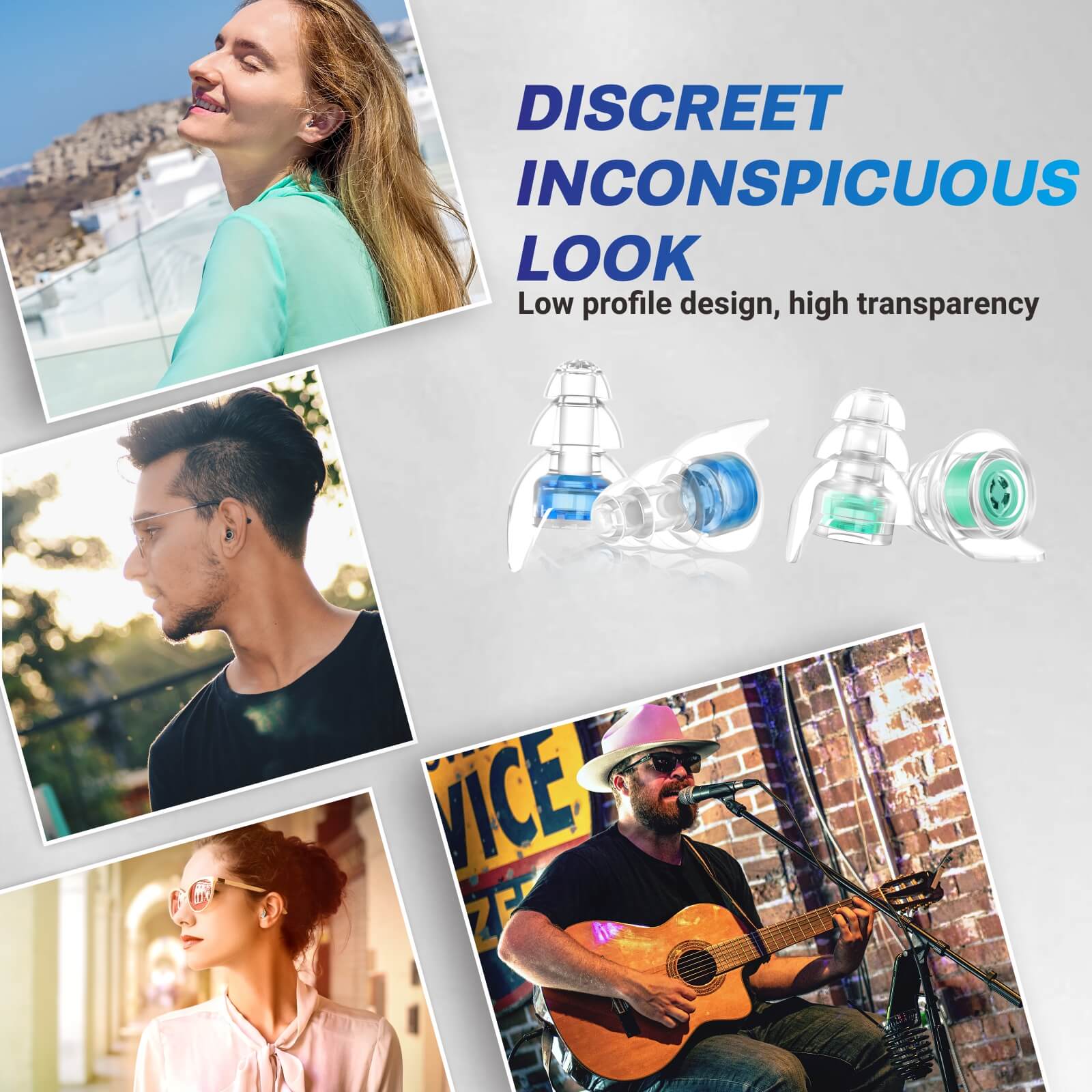The Science Behind Concert Ear Plugs: Understanding Noise Reduction Ratings
Body
Concerts are a thrilling experience, but they can also expose our ears to dangerously high levels of noise. To protect our hearing, concert ear plugs have become essential accessories for music enthusiasts. In this article, we will delve into the science behind concert ear plugs and explore the concept of noise reduction ratings (NRR).

The Importance of Hearing Protection
Attending concerts can be a euphoric experience, but the loud music and screaming fans can have long-term consequences for our hearing. Prolonged exposure to high decibel levels can lead to noise-induced hearing loss, tinnitus, and other auditory problems. This is where concert ear plugs come to the rescue.
Concert ear plugs are specially designed to reduce the intensity of sound without compromising the listening experience. They work by attenuating the sound waves that enter our ears, protecting our delicate auditory system from damage.
Understanding Noise Reduction Ratings (NRR)
Noise reduction ratings (NRR) are a standardized measurement used to quantify the effectiveness of ear plugs in reducing noise levels. The NRR is expressed in decibels (dB) and provides an estimate of the amount of noise that can be blocked by the ear plugs.
It is important to note that the NRR is not a linear scale. For example, an ear plug with an NRR of 20 dB does not mean it will reduce the noise by 20 dB. Instead, the NRR indicates the maximum potential noise reduction achievable with the ear plugs.
The Science Behind Concert Ear Plugs
Concert ear plugs utilize various mechanisms to reduce noise levels. One common approach is the use of acoustic filters. These filters are designed to attenuate specific frequencies while allowing others to pass through relatively unaltered. This ensures that the music remains clear and enjoyable, while harmful noise is reduced.
Another technique employed by concert ear plugs is the use of sound-absorbing materials. These materials absorb sound waves, preventing them from reaching our eardrums at full intensity. By reducing the energy of the sound waves, the ear plugs protect our ears from excessive noise exposure.
Choosing the Right Concert Ear Plugs
When selecting concert ear plugs, it is crucial to consider the noise reduction rating (NRR) and the specific needs of the individual. Different environments and activities require different levels of protection. For instance, a rock concert may require higher NRR ear plugs compared to a classical music performance.
Additionally, comfort and fit are essential factors to consider. Ill-fitting ear plugs may not provide adequate protection and can cause discomfort during prolonged use. It is recommended to try different types and sizes of ear plugs to find the most suitable option.
Remember, concert ear plugs are not just for musicians or concert-goers. They can also be beneficial in other noisy environments such as construction sites, airports, and sporting events.
Conclusion
The science behind concert ear plugs and noise reduction ratings (NRR) is crucial for protecting our hearing in loud environments. By understanding how concert ear plugs work and selecting the right ones for our needs, we can enjoy the music while safeguarding our auditory health.
For more information on concert ear plugs and noise reduction ratings, you can visit the following credible sources:










Comments